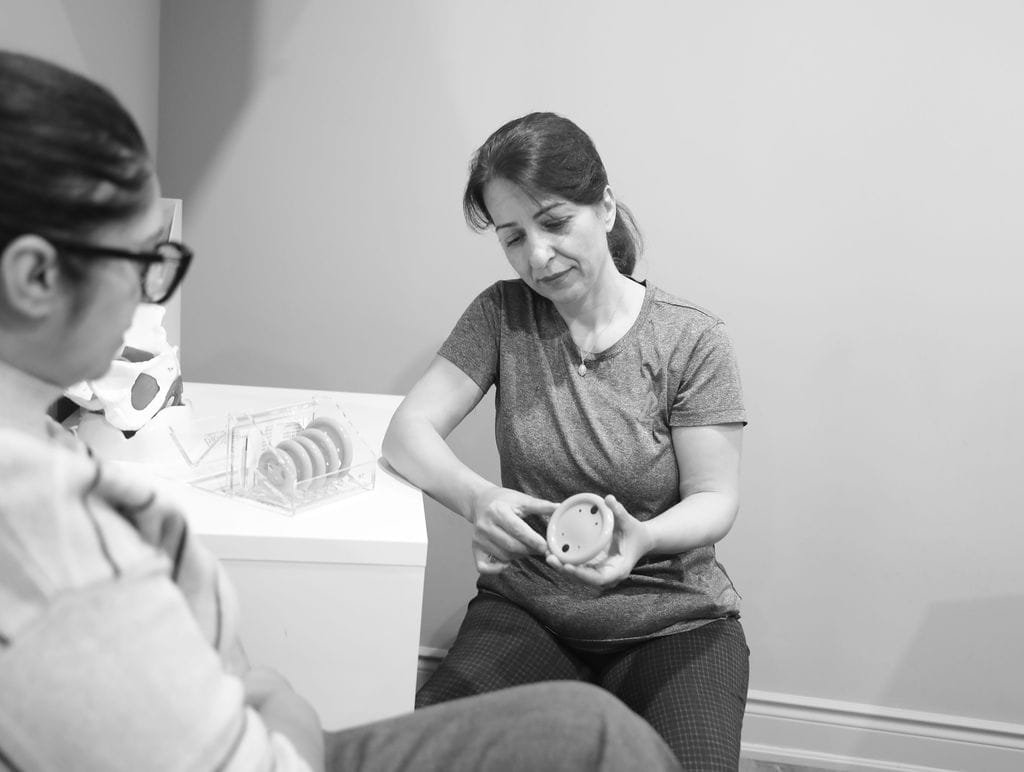As a new graduate in physiotherapy, you're on the verge of a rewarding career. However, the learning doesn’t stop at graduation. One of the most critical decisions you'll make is how to navigate the certification landscape and choose specializations that align with your career goals. Specializing in areas through continuing education courses like dry needling, pelvic health, vestibular rehab, and FCAMPT certification can significantly enhance your expertise and career opportunities.

The Role of Continuing Education
Continuing education is vital for physiotherapists aiming to stay competitive and provide top-tier care to their patients. While you’ve likely built a solid foundation during your academic training, further certifications in niche areas will allow you to expand your services and improve patient outcomes. Many regulatory bodies also require licensed physiotherapists to earn continuing education units (CEUs) to maintain their licenses.
Here are some key areas of specialization that are popular among physiotherapists:
- Dry Needling: This is a highly sought-after skill in physiotherapy, used to treat muscle pain, tension, and myofascial trigger points. Many patients suffering from chronic pain or sports injuries benefit from dry needling, making this an excellent certification to enhance your treatment offerings.
- Pelvic Health: A rapidly growing field, pelvic health physiotherapy focuses on issues such as incontinence, pelvic pain, and post-partum rehabilitation. Specializing in this area requires advanced training and certification in pelvic health courses, allowing you to treat a wide range of patients, particularly women experiencing post-natal complications. (Simrat, one of your colleagues, has specialized in this field, offering critical support for patients undergoing pelvic rehabilitation.)
- Vestibular Rehabilitation: If you’re interested in treating patients with dizziness, vertigo, or balance disorders, vestibular rehab training is an excellent addition to your skills. This specialization enables you to help patients restore their balance and coordination, often leading to significant improvements in their quality of life.
- FCAMPT Certification: Achieving Fellowship in the Canadian Academy of Manipulative Physiotherapy (FCAMPT) status is a prestigious credential in the physiotherapy community. This certification focuses on advanced manual therapy skills, including joint mobilization and manipulation, and is ideal for those passionate about orthopedics and musculoskeletal conditions. It’s a long but rewarding path that can set you apart in clinical practice.
Balancing Specializations with Clinical Practice
While certifications can fast-track your expertise, they also require a balance between continuing education and hands-on clinical practice. Start by identifying which areas of practice you’re most passionate about. For example, if you have a strong interest in treating chronic pain patients, dry needling or manual therapy certifications could be a perfect fit.
Many physiotherapists opt to pursue one or two certifications early on to broaden their clinical offerings, then slowly integrate other specializations as their practice evolves. Be sure to assess the demand for specific certifications in your local area to ensure you’re investing in courses that will benefit your practice and patient base.
Networking and Mentorship
One of the best ways to learn about which certifications are most valuable is by engaging with a mentor or networking with experienced physiotherapists. Attending physiotherapy conferences, workshops, or industry events can help you connect with others in your field and explore different areas of specialization. Mentorship, in particular, can provide guidance on which courses to prioritize and help you navigate career challenges.
Keep Growing, Keep Learning
Starting your career as a new physiotherapist is a significant achievement, but it’s just the beginning of a lifelong learning process. Whether you choose to specialize in dry needling, pelvic health, vestibular rehab, or advanced manual therapy techniques like FCAMPT, the key is to keep expanding your knowledge and refining your skills.By continuously learning and pursuing certifications, you can stay ahead of the curve in a competitive industry, offer cutting-edge treatments to your patients, and ensure your long-term professional success.
Get in touch with us at info@leveluptoday.ca to learn about how we can help you elevate your practice.


No Comments